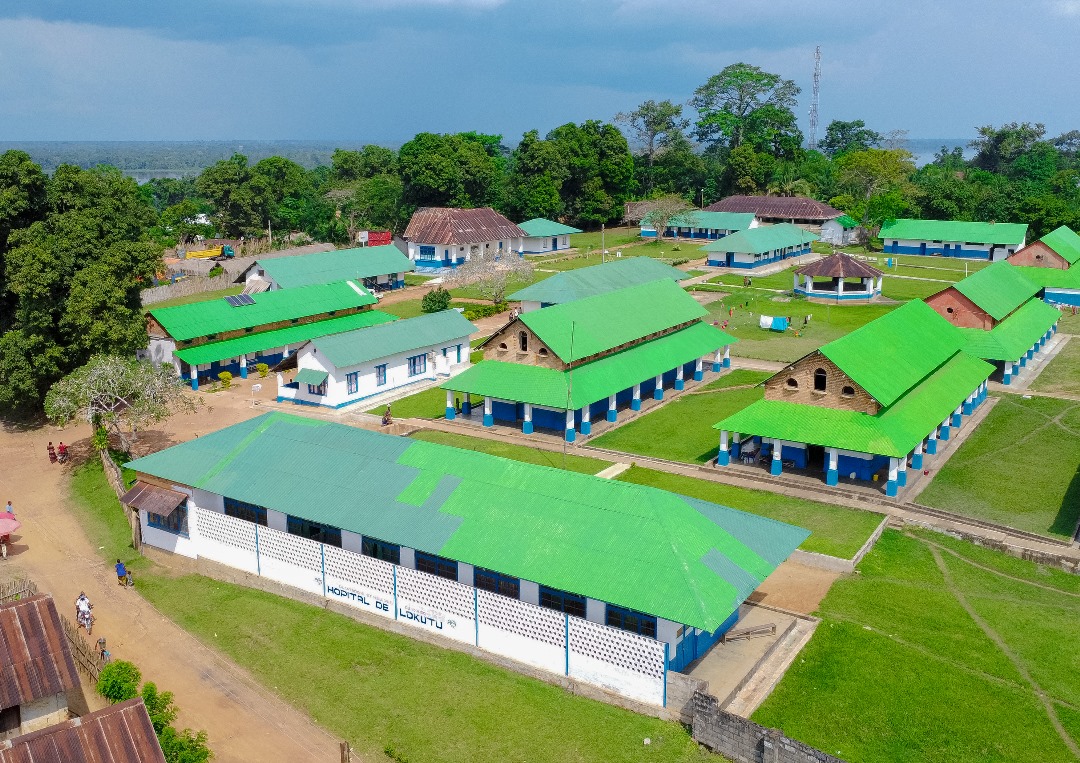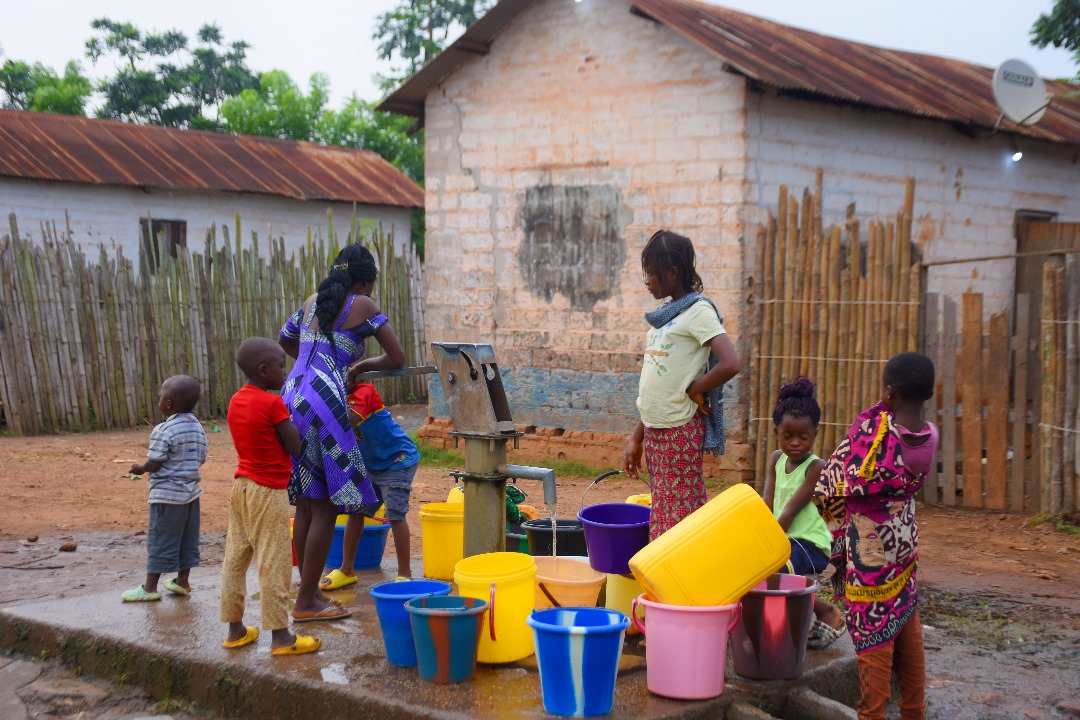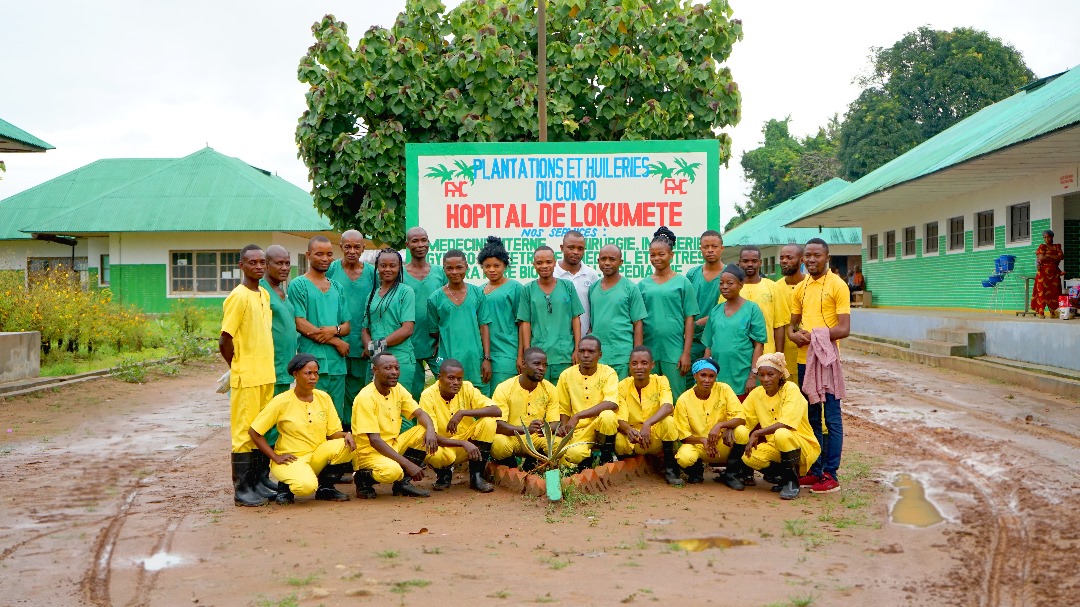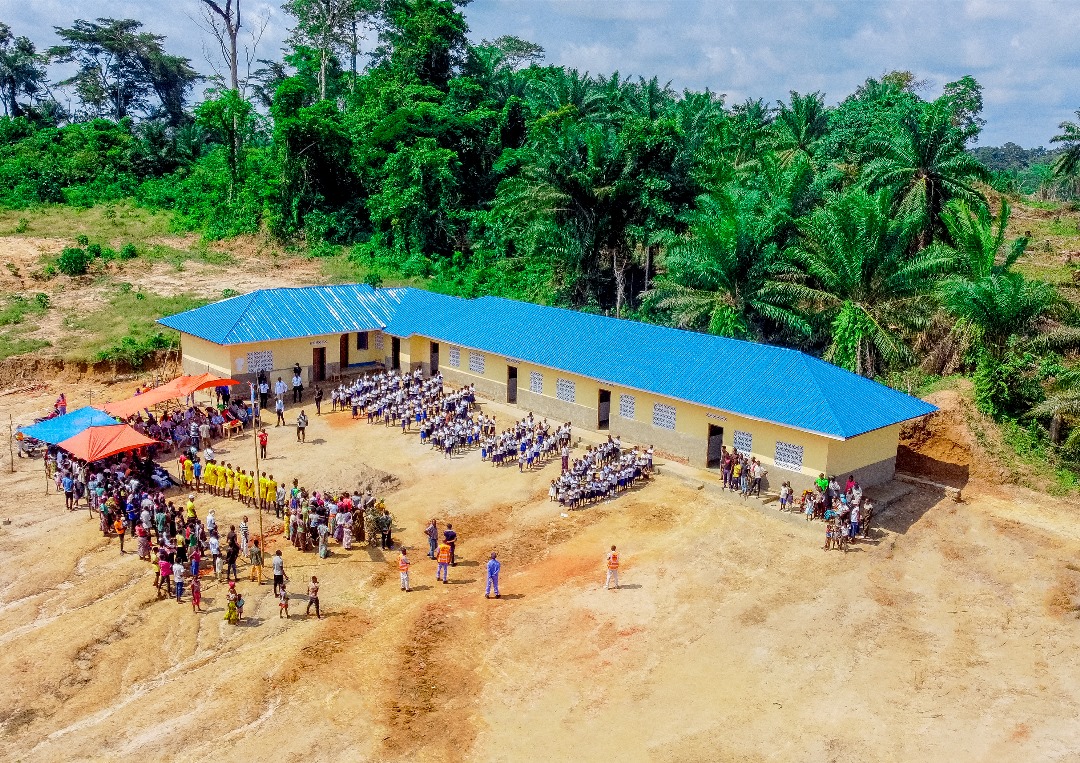In the provinces of Tshopo, Équateur, and Mongala,-often characterized by tensions between extractive companies and local communities-one agricultural company stands out: Plantations et Huileries du Congo (PHC). A report published in December 2024 by the NGO Amis de la Nature pour la Paix Sociale (ANPS) designates PHC as a model of social responsibility, highlighting its commitment to local communities.
The findings of the consultation mission conducted across these provinces indicate that PHC distinguishes itself through a strong focus on sustainable development and respect for social agreements, placing it at the top of companies most compliant with social clauses signed with local communities. Moreover, the report notes that under its new leadership, PHC has initiated a more open and constructive dialogue with local communities, helping resolve longstanding tensions and restore trust.
According to ANPS, which engaged with populations in PHC’s operational zones, the company “shows the best overall performance among all the companies assessed,” with over 60% of its commitments already fulfilled.

PHC stands out for its exemplary implementation of the commitments made in 2017, when its operating titles were renewed. The company’s rate of project completion places it far ahead of other operators, many of which are frequently criticized for their lack of social involvement.
Tangible infrastructure serving the people
PHC has made significant investments in social infrastructure around its rural operating sites, where needs are most acute. To date, the company has built 20 schools and has 12 more under construction, with the capacity to accommodate approximately 10,000 students. In terms of healthcare, PHC has established 4 referral hospitals with a total of 423 beds, along with 3 health centers and 18 dispensaries, providing subsidized medical care not only to its employees but also to surrounding communities.

Access to clean water has also been prioritized: 70 water wells have been drilled, significantly improving sanitary conditions in nearby villages. Additionally, PHC has built housing for village chiefs, reinforcing customary authority and local social stability.

Empowering Local Labor
Another point praised by ANPS is PHC’s commitment to employing local labor, helping to combat unemployment in areas often neglected by public policies. This approach not only supports local economic development but also promotes greater community ownership of the projects.
A Company Worth Emulating
Despite logistical difficulties and sociopolitical challenges in the region, PHC stands out as a model of social and environmental governance. The NGO ANPS-typically critical of many companies operating in these provinces-did not hesitate to commend PHC, calling its actions both “commendable” and “encouraging.”
ANPS recommends that other companies draw inspiration from PHC’s example, particularly regarding respect for contractual obligations, transparency in operations, and inclusive engagement with communities.

Toward a Fairer Future
Despite the many challenges observed in the field-especially the failure of several companies to honor their social commitments-PHC distinguishes itself through its tangible achievements and inclusive approach. As ANPS puts it:“ANPS recognizes the notable efforts of PHC and its foundation in honoring its commitments to local communities for the promotion of human well-being and lasting peace.”
Through its concrete actions in education, healthcare, clean water access, and local employment, PHC demonstrates that it is indeed possible to reconcile economic exploitation with social responsibility. As several analysts have pointed out, PHC represents a credible alternative to extractive models that often breed conflict. By continuing on this path, the company is helping to build a Congolese model of responsible, sustainable, and mutually beneficial agricultural development.



